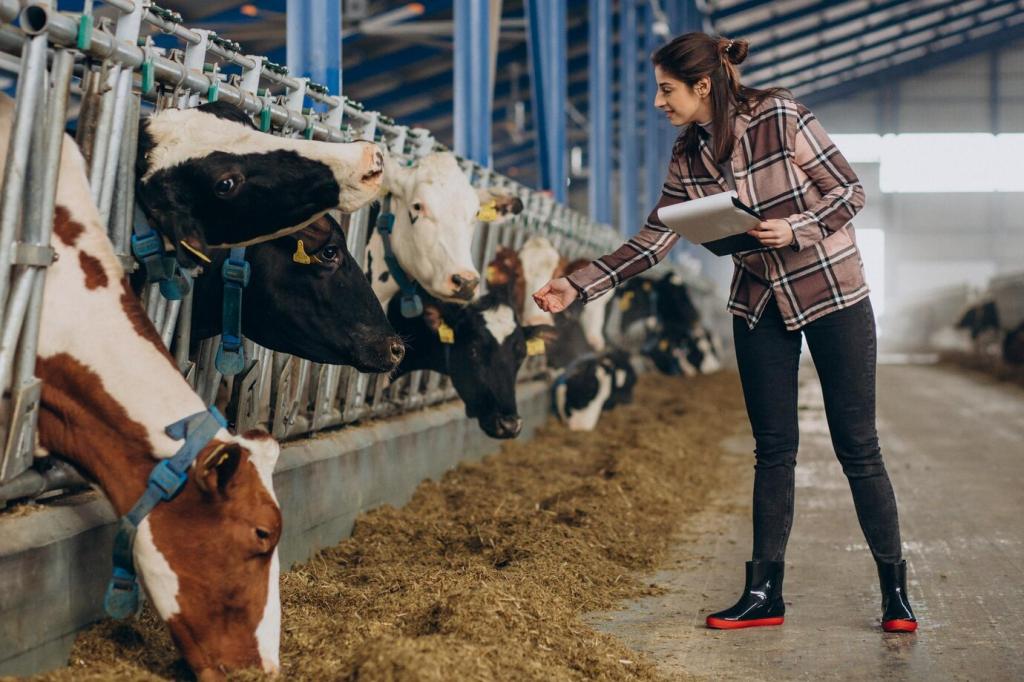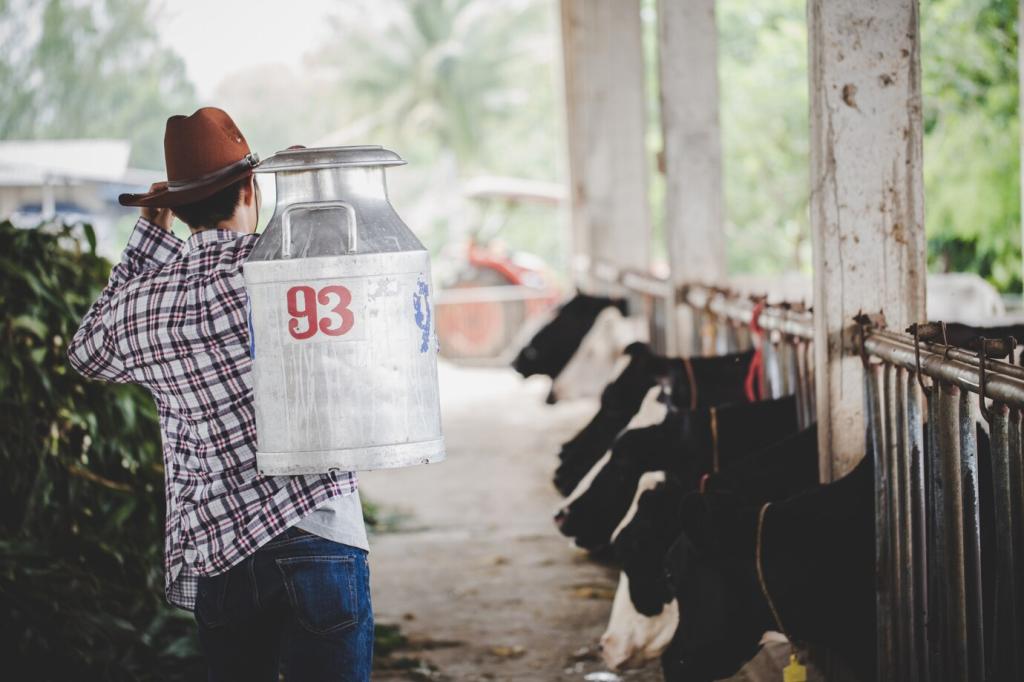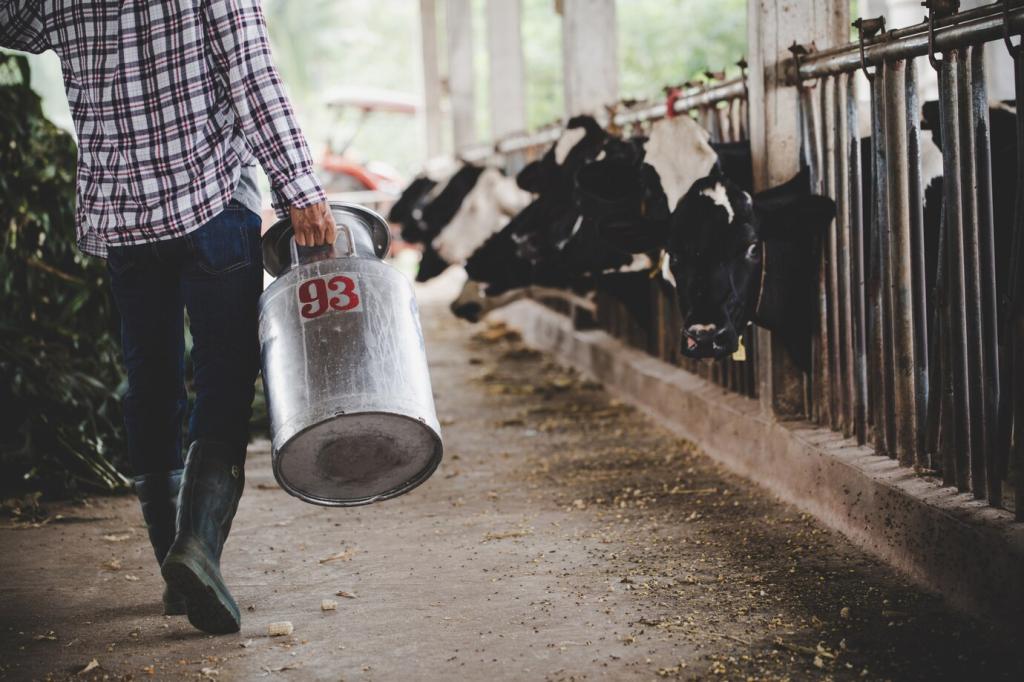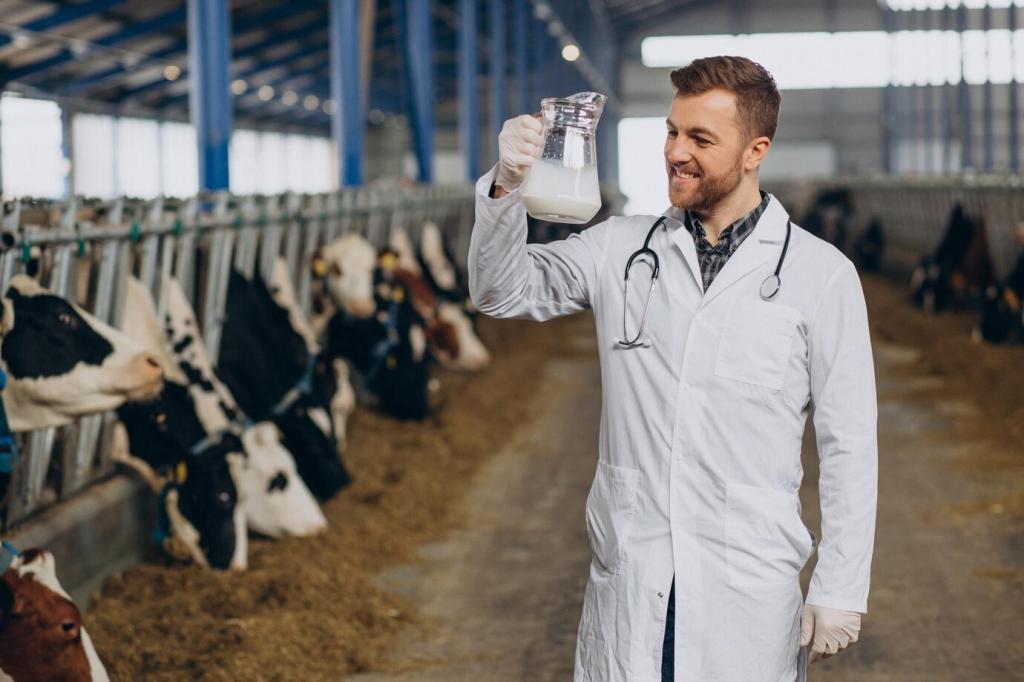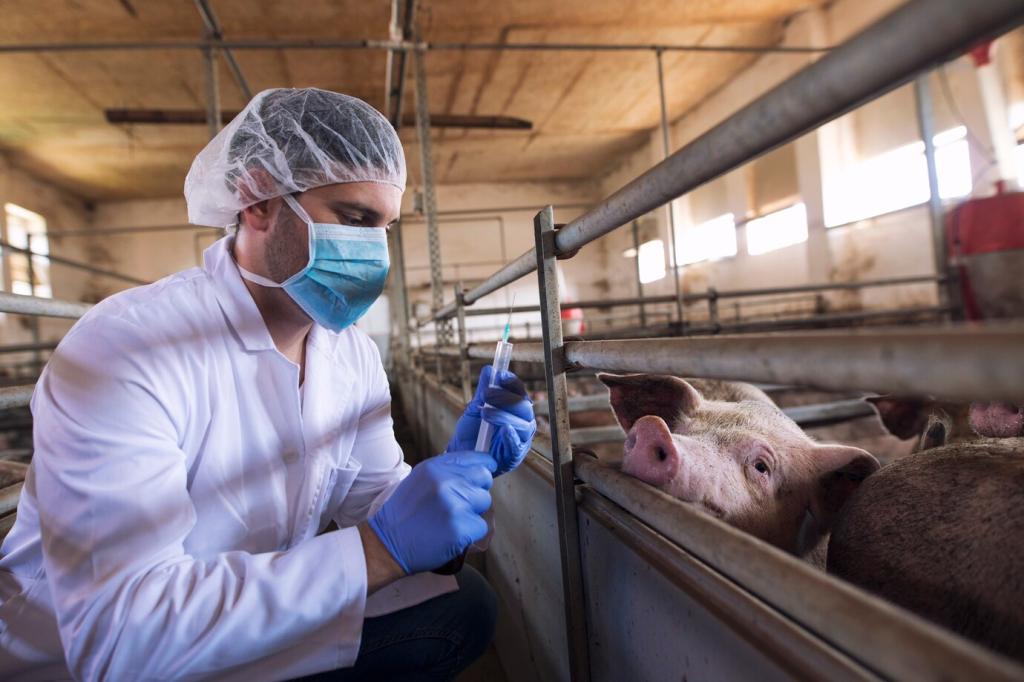Allergy-Friendly and Sensitive Stomach Diets
Work with your veterinarian to choose a single, novel protein and simple carbohydrate, fed exclusively for weeks. Careful tracking of stool quality, itch intensity, and ear comfort reveals whether your Labrador’s symptoms are food-related.
Allergy-Friendly and Sensitive Stomach Diets
Hydrolyzed proteins are broken into smaller fragments that may avoid immune recognition, while novel proteins like venison or duck can reduce exposure to common triggers. Selection depends on history, severity, and your Lab’s preferences.

